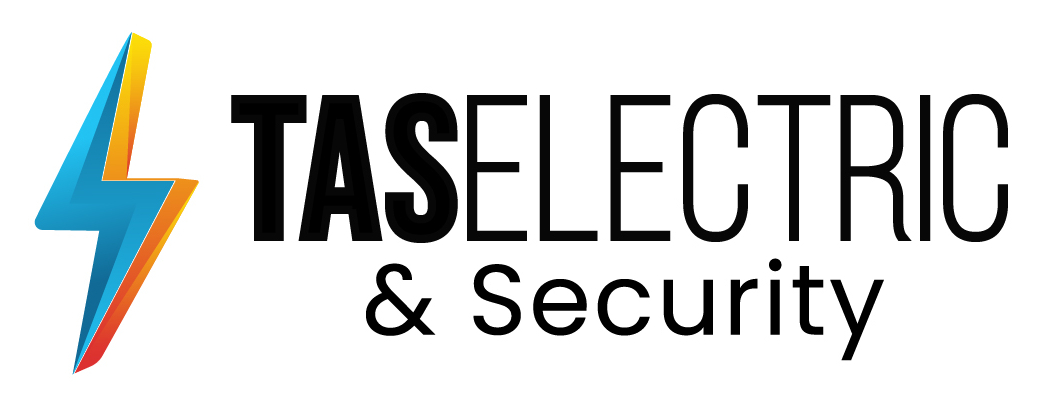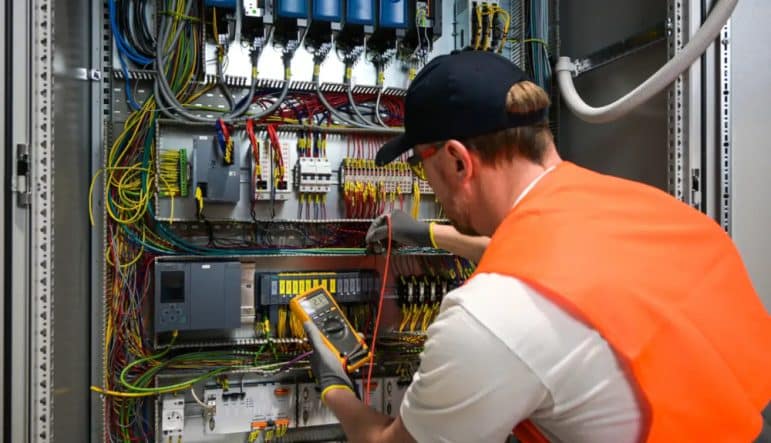When You Need a Florida Electrical Contractor – Understanding What an Electrical Contractor Does…

What is an Electrical Contractor?
An electrical contractor is a licensed professional or company responsible for the design, installation, and upkeep of electrical systems. These systems can range from basic lighting setups in homes to complex power distribution networks in large commercial buildings. The term encompasses both individual electricians who perform the hands-on work and the larger firms that oversee projects.
Types of Electrical Contractors
Electrical contractors can be categorized into several distinct types based on their area of specialization:
-
- Inside Electrical Contractors: These professionals focus on the electrical systems within buildings. Their work includes installing wiring, outlets, and lighting fixtures, as well as maintaining and upgrading existing systems.
- Outside or Line Electrical Contractors: Specializing in high-voltage power transmission, these contractors manage the installation and maintenance of power lines and substations that deliver electricity from generation sources to consumers.
- Integrated Building Systems Contractors: These contractors handle the low-voltage systems within buildings, such as security, telecommunications, and energy management systems. They ensure that all integrated systems function cohesively.
The Distinction Between Electrical Contractors and Electricians
While the terms are often used interchangeably, there is a significant distinction between electrical contractors and electricians. Electricians are skilled tradespeople who perform the actual installation and maintenance work on electrical systems. In contrast, electrical contractors may oversee entire projects, manage teams of electricians, and handle the business aspects of contracting work.
Responsibilities of Electrical Contractors
Electrical contractors are tasked with a wide array of responsibilities that vary depending on the project’s scope and complexity. Their primary duties include:
Designing Electrical Systems
One of the first steps in any electrical project is the design phase. Contractors collaborate with architects and engineers to create blueprints that outline the electrical needs of a building. This includes determining the placement of outlets, lighting, and other electrical components to ensure optimal functionality and compliance with local codes.
Installation and Maintenance
Once the design is finalized, electrical contractors oversee the installation of the electrical systems. This involves:
-
- Wiring and Cabling: Running wires through walls and ceilings to connect various electrical components.
- Installing Fixtures: Setting up lighting, outlets, and switches according to the design specifications.
- System Upgrades: Replacing outdated systems with modern, energy-efficient alternatives.
After installation, contractors often provide ongoing maintenance to ensure systems operate efficiently and safely. This includes routine inspections, troubleshooting issues, and making necessary repairs.
Project Management
In addition to technical skills, electrical contractors must possess strong project management capabilities. They are responsible for:
-
- Scheduling: Coordinating timelines for project phases and ensuring that work is completed on time.
- Resource Allocation: Managing materials and labor to optimize efficiency and minimize costs.
- Client Communication: Acting as the primary point of contact for clients, contractors must keep stakeholders informed about project progress and address any concerns.
The Importance of Safety in Electrical Contracting
Safety is a paramount concern in electrical contracting. Contractors must adhere to strict safety protocols to protect themselves, their teams, and clients.
Compliance with Regulations
Electrical contractors must stay updated on local, state, and federal regulations governing electrical work. Compliance with these regulations not only ensures safety but also protects contractors from legal liabilities.
Safety Training
Regular safety training sessions are essential for contractors to refresh their knowledge of best practices and new safety technologies. This training often covers topics such as:
-
- Proper use of personal protective equipment (PPE)
- Hazard identification and risk assessment
- Emergency response procedures
Utilizing Technology in Electrical Contracting
The integration of technology into electrical contracting has transformed the industry, enhancing efficiency and accuracy.
Project Management Software
Many electrical contractors now use project management software to streamline operations. These tools allow for better scheduling, resource management, and communication among team members.
Smart Technology
The rise of smart technology has created new opportunities for electrical contractors, particularly in residential and commercial settings. Contractors are increasingly involved in installing and maintaining smart systems, including:
-
- Home automation systems
- Energy-efficient lighting
- Advanced security solutions
We Provide Electrical Design, Installation, & Repair Services
When we design an electric service system, we approach it with a mix of technical expertise and creative problem-solving. First, we assess the building’s electrical needs, considering factors like size, intended use, and potential future expansions.
> Learn More
Electrical contractors play an essential role in ensuring the safety, efficiency, and functionality of electrical systems in various settings. Their responsibilities encompass everything from design and installation to maintenance and compliance. As the industry continues to evolve, contractors must adapt by embracing new technologies, prioritizing safety, and committing to ongoing education. The future of electrical contracting is bright, with ample opportunities for those willing to invest in their skills and knowledge.
Contact Us (905-870-7779) for a Free Consultation!
—
About TASElectric & Security
TASElectric & Security offers comprehensive and cutting-edge electric and security services to clients with residential, commercial, industrial, or high-rise properties. Our team of highly skilled professionals have years of experience installing, maintaining, and inspecting electric and security systems and equipment.
> Learn More


